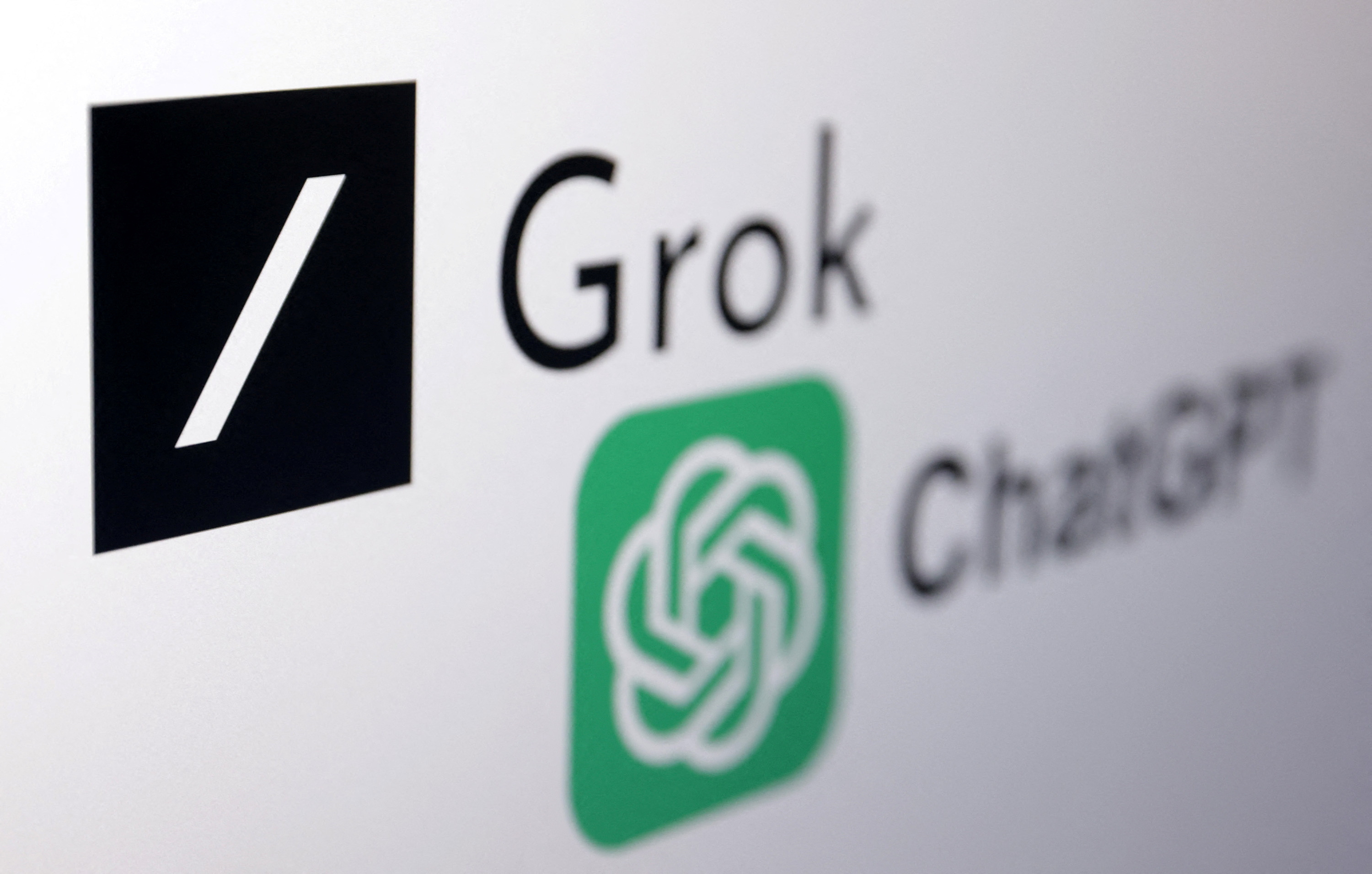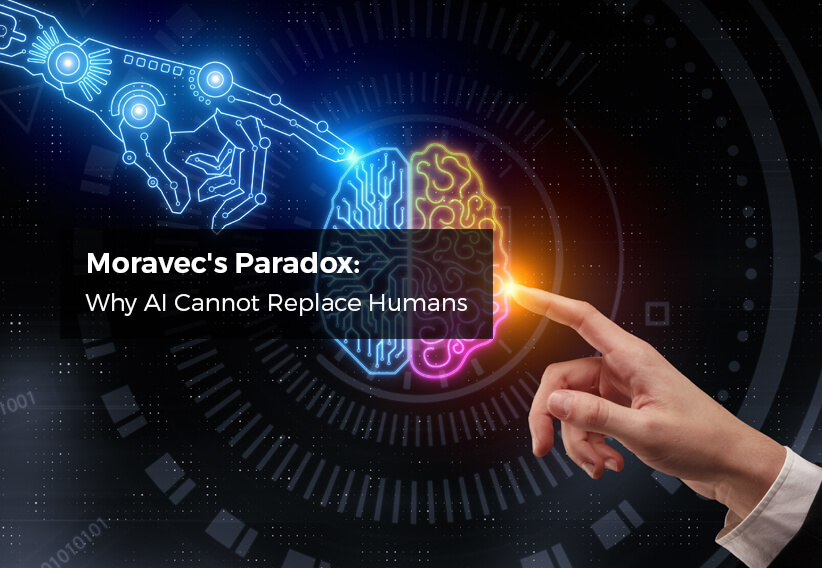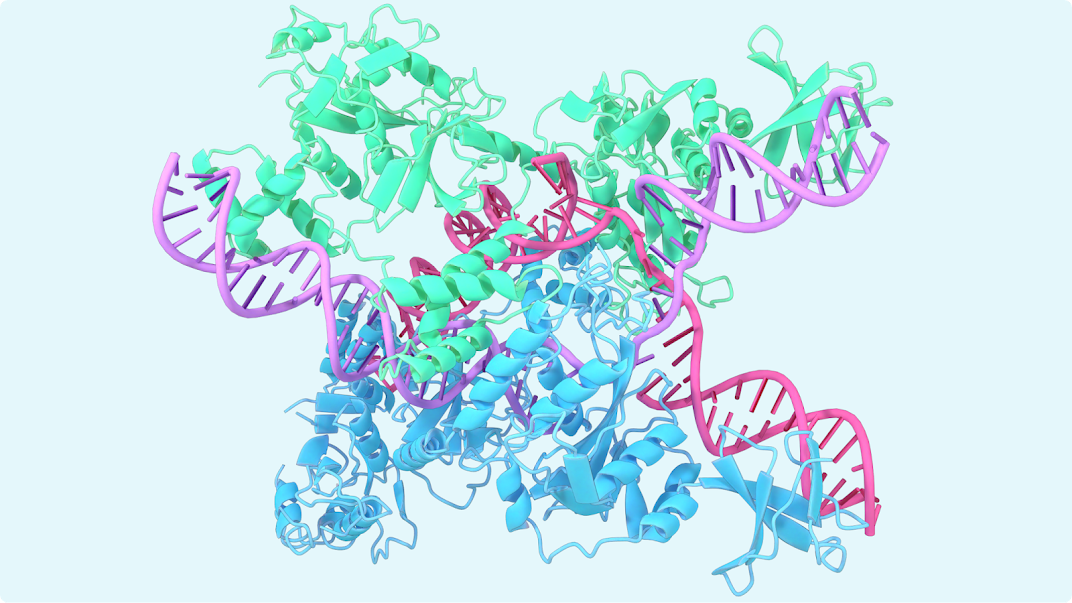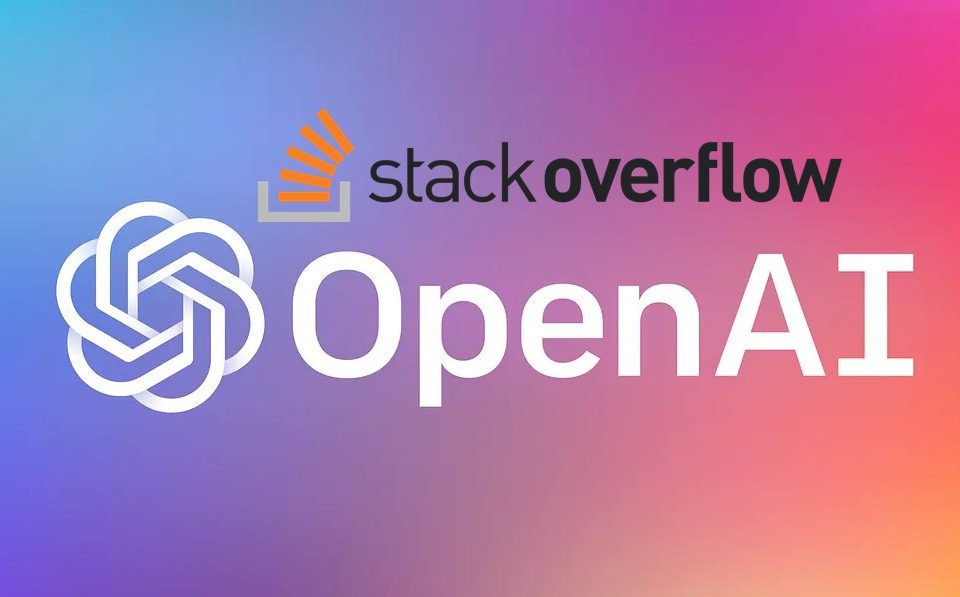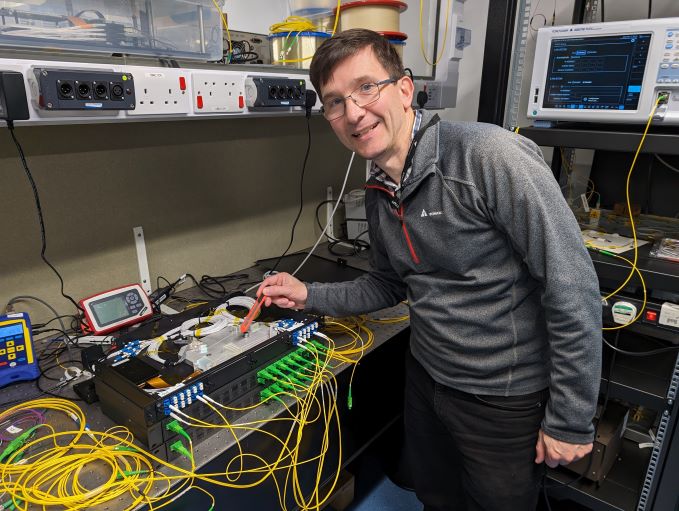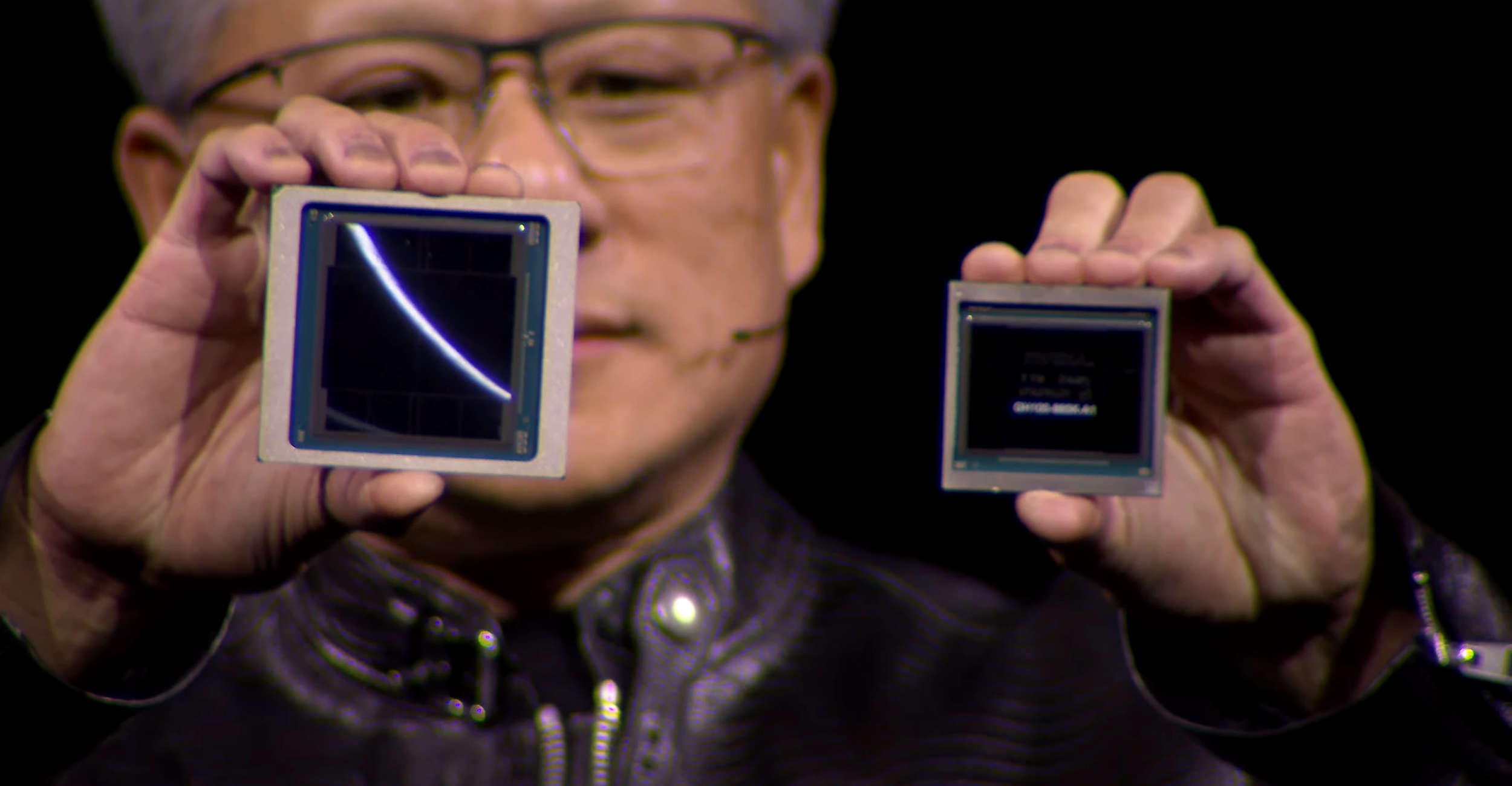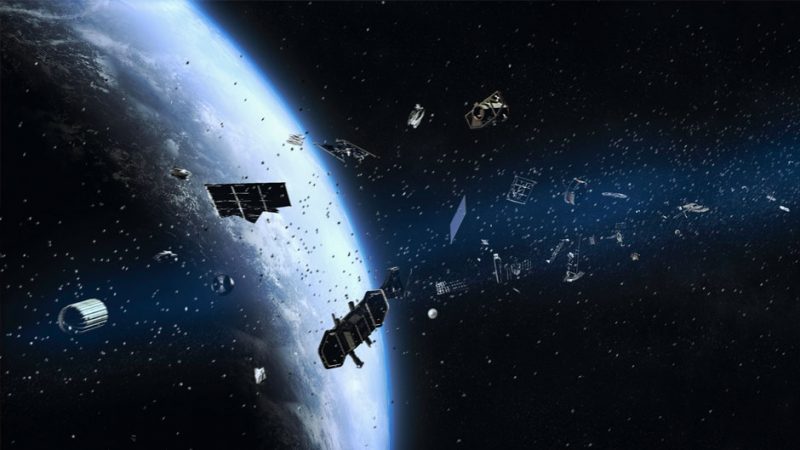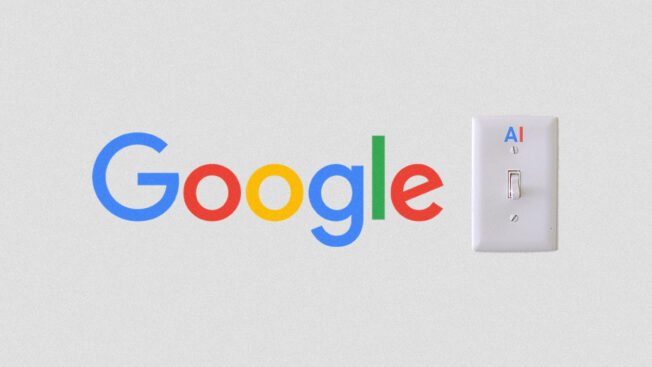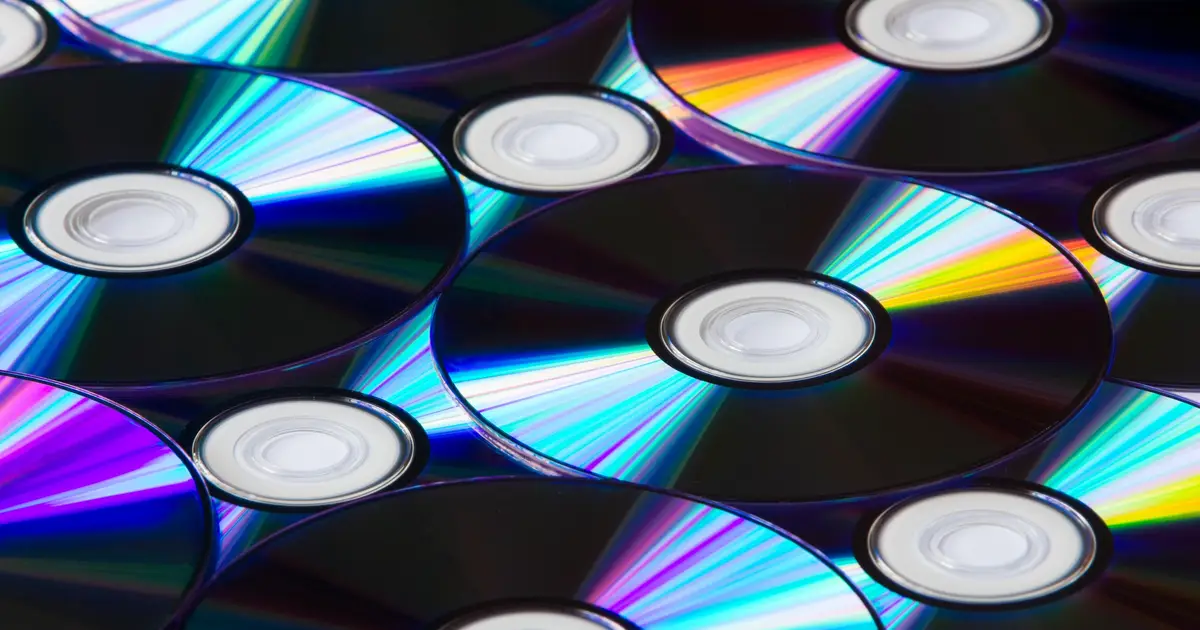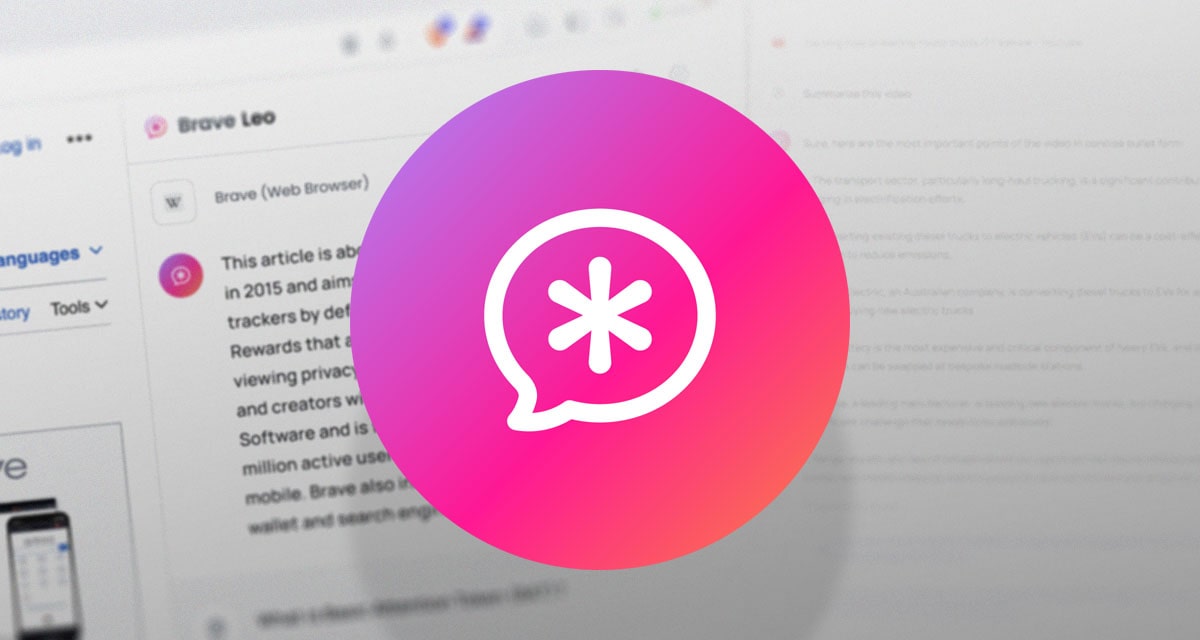In a move that sent shockwaves through the counterfeit insights (AI) community, Elon Musk declared on March 11th, 2024, that his AI company, xAI, would be open-sourcing their chatbot Grok. This choice marks a noteworthy turning point in Musk's continuous fight against OpenAI, the company he co-founded, which he charges of straying from its unique mission of creating AI for the advantage of humanity.
The Grok Unveiled
Introduced last year, Grok was positioned as a direct competitor to OpenAI's fiercely fruitful ChatGPT. Fueled by Grok-1, a large language model comparable in size to Meta's Llama 2 70B-parameter model and OpenAI's GPT-3.5, Grok was touted as having "a bit of wit" and "a rebellious streak." As of now accessible to endorsers of Musk's social media platform X (once Twitter), Grok guaranteed to shake up the quickly advancing AI chatbot landscape.
The Open-Source Gambit
By making Grok open-source, Musk points to give the public with free access to the technology, possibly quickening development in the AI space. This move aligns with Musk's history of supporting open-source activities, as seen with Tesla's licenses and a few of Twitter's algorithms. It moreover places xAI among other companies like Meta and Mistral that have made their AI models publicly available. The choice to open-source Grok can be seen as a vital move to challenge OpenAI's dominance in the AI market and advance a more open and collaborative approach to AI improvement. In any case, the correct components of Grok that will be made open-source stay unclear, leaving room for speculation and analysis.

The Fight for AI Ethics
Musk's fight with OpenAI dates back to 2023, when he sued the company, alleging that it had digressed from its unique mission of creating AI for the advantage of humankind. Musk blamed OpenAI of getting to be "a closed-source de facto subsidiary of Microsoft," a stark contrast to its beginning non-profit, open-source ethos. This lawful fight highlights a broader talk about inside the AI community about the course and morals of AI advancement, especially with respect to open-source versus exclusive models. Musk's choice to open-source Grok can be seen as a direct challenge to OpenAI's perceived move toward a more closed and profit-driven approach.
The Moral and Political Implications
The debate over open-source AI amplifies past specialized contemplations and digs into moral and political domains, with suggestions for the control, openness, and heading of AI research and development. Musk's claim against OpenAI and his choice to open-source Grok reflect broader pressures in the AI community about the adjust between innovation, benefit, and the public good. Proponents of open-source AI argue that this approach cultivates collaboration, straightforwardness, and impartial access to cutting-edge innovation, eventually benefiting humankind as a entirety. Critics, in any case, fight that open-sourcing AI models may lead to abuse, unintended results, and potential security risks.

The Path Forward
As the dust settles from Musk's announcement, the AI community enthusiastically awaits the release of Grok's open-source code. This move is beyond any doubt to light further dialogs and talks about surrounding the morals and governance of AI development. Musk's gambit has the potential to disturb the status quo and reshape the AI scene, challenging built up players like OpenAI and promoting a more decentralized, collaborative approach to AI research and development. One thing is certain: the AI transformation is far from over, and Musk's choice to open-source Grok will without a doubt be a significant moment in this continuous saga. As AI proceeds to advance at a quick pace, the moral and political implications of its advancement will become progressively intertwined with technical considerations, forming the future of this transformative technology.

